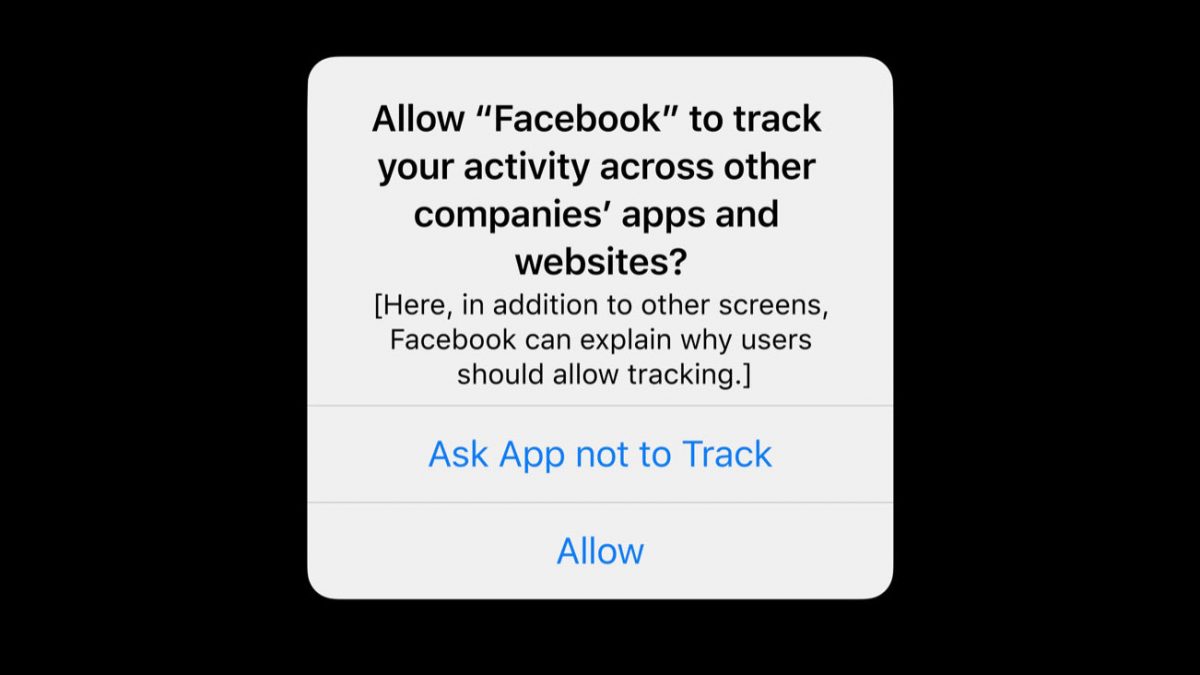Apple will release its new App Tracking Transparency (ATT) privacy feature soon which will allow users to opt-out of across app and website tracking. Although the ATT feature will be a great leap forward in ensuring user privacy and online safety, it has created a lot of ruckus in the digital advertising industry. Therefore, Google has announced that it will not use IDFA for some of its iOS apps and has updated Google Mobile Ads SDK to version 7.64 and to help its partners adapt to upcoming advertising changes on iOS after the release of the new privacy feature.
Standing up to pressure and strong criticism from developers, Apple categorically stated that all apps will have to comply with the new privacy updates and violators will be removed from the App Store. With over a billion iPhones in the global market, developers can not risk a violation. Therefore, they are trying to figure out a way to adapt to upcoming changes. Christophe Combette, the Group Product Manager, Google Ads wrote in the announcement that,
“Apple’s ATT changes will reduce visibility into key metrics that show how ads drive conversions (like app installs and sales) and will affect how advertisers value and bid on ad impressions. As such, app publishers may see a significant impact to their Google ad revenue on iOS after Apple’s ATT policies take effect.
Today we’re sharing how Google is helping our community prepare, as we know that developers and advertisers in the iOS ecosystem are still figuring out how to adapt.”

In compliance with ATT privacy update, Google will not use IDFA for apps
To protect users’ privacy and ensure their safety, Apple users ‘Identifier for Advertisers’ (IDFA) system which is a unique code for each iPhone model for digital advertisers to track users across apps and websites but without knowing their personal information. In short, the IDFA is used to run targetted ads, but is not personally identifiable. However, Apple is increasing users’ privacy by switching IDFA with ATT privacy feature which forces developers to ask permission before tracking user’s online activity on iPhones and allows them to ‘opt-out’ of tracking. Google says that it will not use IDFA moving forward to avoid showing the privacy prompt.
When Apple’s policy goes into effect, we will no longer use information (such as IDFA) that falls under ATT for the handful of our iOS apps that currently use it for advertising purposes. As such, we will not show the ATT prompt on those apps, in line with Apple’s guidance. We are working hard to understand and comply with Apple’s guidelines for all of our apps in the App Store. As our iOS apps are updated with new features or bug fixes, you’ll see updates to our app page listings that include the new App Privacy Details.
At Google, we’ve always put users and their privacy first. Transparency, choice and control form the bedrock of our commitment to users, and advertising is no different. We remain committed to preserving a vibrant and open app ecosystem where people can access a broad range of ad-supported content with confidence that their privacy and choices are respected. That’s why we’ll continue to invest in privacy preserving technology ― including aggregated and on-device solutions ― like what we’re developing for the web, along with ecosystem partners, in the Privacy Sandbox.
1 comment